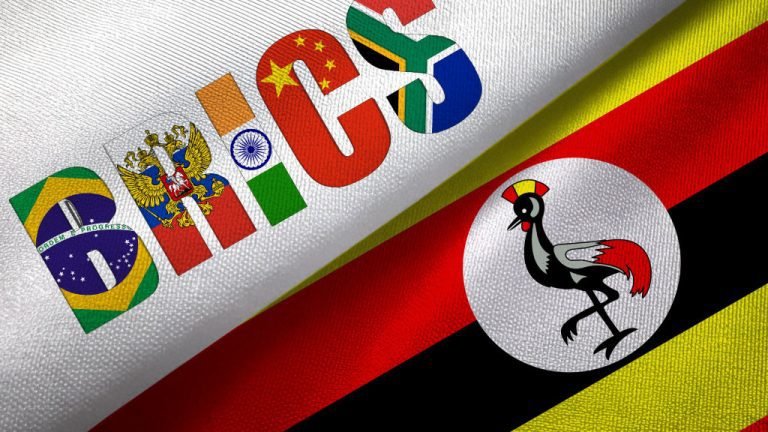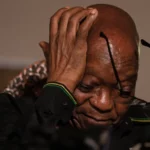Uganda has officially joined the BRICS group as a Partner State, signaling a bold shift in its foreign relations.
Once heavily reliant on Western aid, especially in healthcare and infrastructure, Uganda is now turning to countries like Brazil, Russia, India, China, and South Africa to build partnerships grounded in respect, equality, and shared development goals.
For many citizens, this change is not just about geopolitics—it’s about dignity.
For years, Western support has come with conditions. Aid for public services like hospitals or schools often included requirements related to governance, democracy, or human rights. While these are noble ideals, many Ugandan officials and citizens felt that such conditions didn’t always match their priorities on the ground.
“Why should a mother in rural Uganda wait for medicine just because two governments disagree on policy?” asked one analyst. That frustration is what’s now pushing Uganda to look East—and South.
In April 2025, Russia donated $3 million worth of topographic mapping equipment to Uganda—a tool that helps plan for things like floods, city expansion, and even building safer roads. It’s a reminder that real support doesn’t always come with strings.
And while Western funding for HIV/AIDS programs has slowed, Uganda is now exploring ways to strengthen its healthcare system through BRICS-backed medical equipment, hospital infrastructure, and training for doctors. For communities far from city hospitals, this could mean quicker diagnoses and better care without traveling miles for treatment.
Also Read; Iran Demands Safety Before U.S. Talks Resume
The country’s deep agricultural roots also stand to benefit. From coffee farmers in the highlands to tea growers in the south, Ugandans rely heavily on farming. Through BRICS, the government hopes to open up new markets, adopt better farming technology, and train youth in agribusiness skills that lead to jobs.
Economically, Uganda now has a doorway into the New Development Bank, created by BRICS as an alternative to the World Bank and IMF. These traditional institutions have often been criticized for their tough loan terms. With BRICS, Uganda hopes to borrow and invest without being forced to change domestic policies.
However, not everyone is celebrating. Experts warn that while BRICS may offer more freedom, Uganda still needs strong anti-corruption measures to ensure public funds reach their intended purpose. Without transparency and accountability, the risks of elite misuse remain.
But for now, there is cautious hope. Citizens like Grace, a nurse in Mbale, say they are less concerned with politics and more focused on results. “We just want medicines in the clinics. We want mothers to give birth safely. If BRICS can help, let’s give it a chance.”
Uganda’s move mirrors a broader trend in the Global South, where countries are seeking new alliances beyond traditional powers. Whether this strategy leads to true development will depend on how the government manages these partnerships—and how the benefits are shared across every region, from Kampala to Karamoja.
The future is uncertain, but one thing is clear: Uganda wants to grow, not by begging, but by partnering. And that’s a message the world is beginning to hear.







